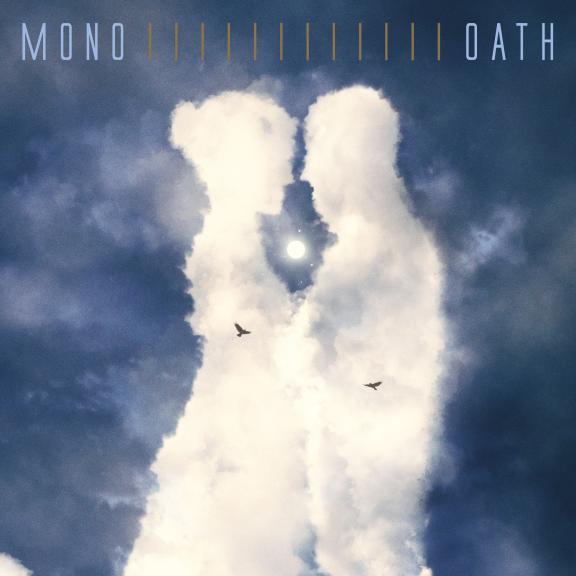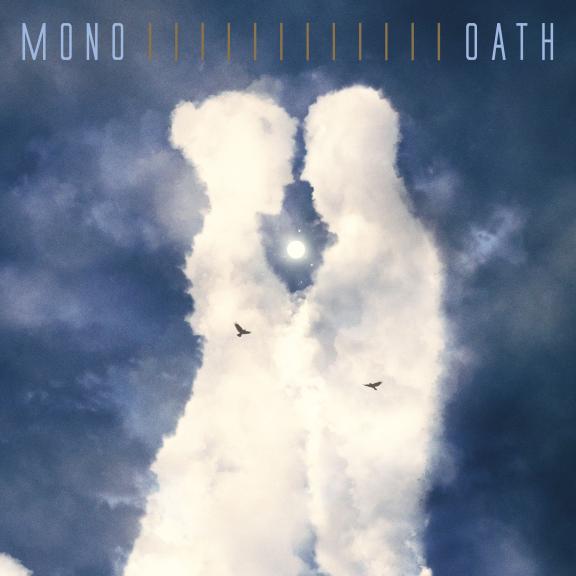Twenty-five years in the music business, twelve albums: you can't blame the Japanese band Mono for having achieved their status as post-rock 'legends' by twiddling their thumbs. In a way, their frenetic pace is reflected in OATH, recorded one last time with Steve Albini, a new album about... time.
As you'd expect, time has always been of the essence with Mono: the compositions get longer, the album stretches out over 70 minutes, an increasingly rare length that demands real attention and a certain abandonment on the part of the listener, as in the three-act intro to Us, Then, which gradually spills over into the title track as the sound thickens and intensifies, taking on extra instruments and layers before finally taking off and landing softly on Then, Us.
There's a miracle that happens with Mono every time: in a genre saturated with similar offerings, they easily fly over the top and stand out for their rare elegance, their science of the crescendo, of the lull, of subtlety, of the storm that builds up only to subside again, of breathing and space. When Mono plays, you shut up, listen and forget about, well, time.
The result is an introspective and contemplative journey: reflecting on time, Mono seeks itself, seeks the human... A bit like this album artwork, which takes us back to all those times when, staring up at the clouds in the infinite sky, we think we can make out a form, a meaning, a human being. Or as in the new compositions, where the orchestrations always work wonders: Run On and the strings in the last part, which at times sound like they've been taken from Clint Mansell for their evocative power and intensity, which are carried away by a rhythm section full of vivacity and brimming with emotion, is a fine example.
Mono juggles moods and pulls off a perfect balancing act between melancholy, hope and joy, summing up the experience of a lifetime in a handful of minutes, combining contrary feelings with an almost acrobatic sense of poetry. Moving from the twilight Hourglass to Moonlight Drawing is a rollercoaster ride, heralding the apotheosis of Time Goes By, which sums up all the qualities of the album. With a mastery that is as intimidating as ever, Mono once again manage to fit so many things into their music without ever making it sound ankylosed. Their heaviness (on Hear the Wind Sing, for example, where the title calls for airiness but ends on something more telluric) is never heavy: the whole remains airy, subtle and in a fragile but irreproachable balance. When a slap is delivered with the softness of a spring breeze, it is received with respect and gratitude.






